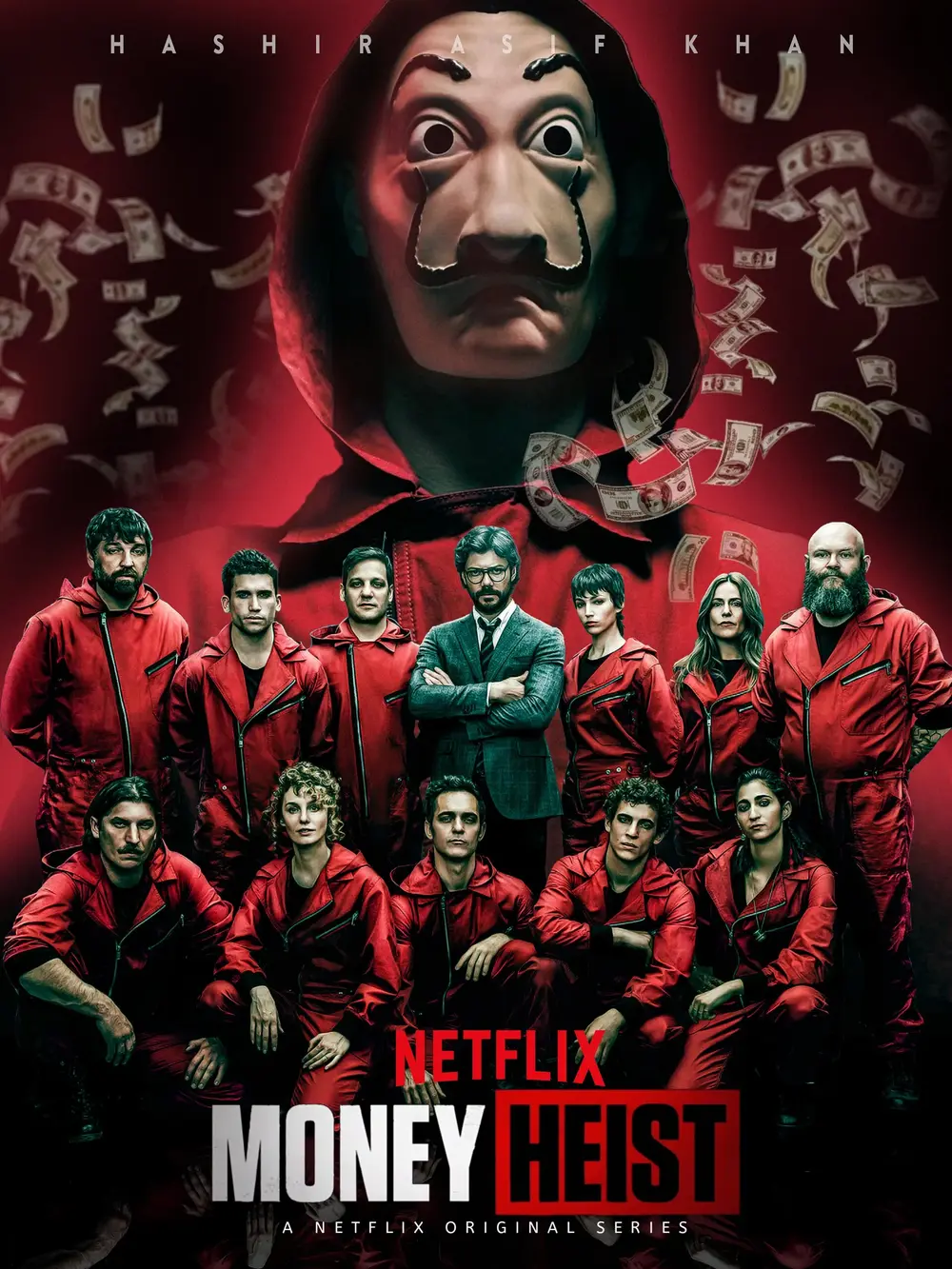Lessons in Innovation, Leadership, and Management in the Workplace
Moneyball (2011), directed by Bennett Miller and starring Brad Pitt as Billy Beane, is a film based on real events that tells the story of the Oakland Athletics baseball team and their attempt to compete against teams with much higher budgets. By focusing on Beane’s innovative approach to talent management, the film offers valuable lessons on leadership, data-driven decision-making, change management, and teamwork, all of which are crucial elements in the modern work environment. This report analyzes how the story of Moneyball can be applied to the workplace, showing how innovation and leadership can transform organizations and lead them to success.
Innovation and Disruptive Thinking
One of the most notable aspects of Moneyball is the innovation that Billy Beane introduces in managing his team. Faced with budget constraints that prevent him from competing for the most expensive players, Beane decides to adopt a data-driven approach, using sabermetrics, an analytical methodology that challenges traditional baseball conventions. This disruptive approach represents the application of innovative thinking to solve complex problems, a fundamental principle in the business world.
Instead of following the traditional talent selection model, Beane relies on Peter Brand, a young and unknown economist, who introduces an analytical method that evaluates players based on their objective value rather than their reputation or perceived skills. This paradigm shift reflects how innovation often involves challenging established norms and adopting new ways of thinking. In the workplace context, companies that adopt innovative and data-driven approaches are better prepared to compete in highly dynamic and disruptive markets.
This aspect of Moneyball underscores the importance of data-driven decision-making, a trend that has become central in the modern business world. Organizations that adopt an analytics-based approach to decision-making tend to be more agile and adaptable. As in the case of the Oakland Athletics, this approach allows companies to maximize their limited resources and find competitive advantages where others only see limitations.
Leadership and Change Management
Leadership is another central theme in Moneyball, especially in relation to change management. Billy Beane not only has to lead a team with limited resources but also has to face resistance from his own employees, from traditional scouts to the coaching staff, who are deeply rooted in conventional practices. This internal conflict highlights the challenge leaders face when trying to implement disruptive changes in an organization.
In the film, Beane shows unwavering determination to defend his vision, even when facing criticism and skepticism. This perseverance is a key characteristic of effective leaders in any work environment. The ability to stay the course and lead with conviction, even in the face of opposition, is essential for the successful implementation of strategic changes.
However, change management also requires a delicate balance between conviction and flexibility. Beane learns that to succeed, he must not only stand firm in his vision but also find ways to persuade his team to embrace the change. This highlights the importance of effective communication and the ability of leaders to inspire and mobilize their team towards new directions, a critical skill in today’s work environment where change is constant.
Talent Management: Beyond the Traditional Resume
Moneyball offers a fascinating perspective on talent management. The film challenges the traditional notion that success depends on hiring the most “talented” people based on conventional criteria. Instead of focusing on star players and expensive recruits, Beane and his team look for undervalued players in the market who bring specific skills that contribute to the overall performance of the team.
This approach can be directly applied to the modern work environment. Many companies face pressure to hire candidates with the best credentials, those who perfectly fit conventional expectations. However, Moneyball shows that it is often more effective to identify candidates whose skills, though less conventional or obvious, can be crucial for collective success. This is a lesson on the importance of evaluating the potential and intrinsic value of employees, rather than relying solely on traditional credentials.
In a business context, this could translate to prioritizing the hiring of people with unique skills, diverse experiences, or different perspectives that can bring something new to the team. This approach not only fosters innovation but also creates a more balanced and resilient team capable of tackling challenges from multiple angles.
Teamwork and Collaboration
The success of the Oakland Athletics, as shown in Moneyball, is not the result of standout individuals but of effective collaboration and maximizing the collective value of the team. In the film, the team achieves a historic record of 20 consecutive wins not by relying on a star player but by leveraging the combined potential of undervalued players who, working together, outperform their competitors.
This concept is fundamental in the modern work environment. Increasingly, companies recognize that teamwork and collaboration are essential for organizational success. Employees must learn to work together, leverage each other’s strengths, and contribute to the common goal. The film demonstrates how a collective approach can overcome even the most significant disadvantages, such as a lack of financial resources.
Moreover, the collaboration in Moneyball is driven by open and honest communication. Beane establishes an environment where frankness and a willingness to experiment are valued. This culture of collaboration and transparency is essential in any modern organization, where innovation and adaptability are key to staying competitive.
Resilience and Adaptability
Another key aspect of Moneyball is the resilience demonstrated by Billy Beane and his team in the face of adversity. Throughout the film, Beane faces multiple challenges, from a lack of support to the initial failure of his strategy. However, his ability to adapt, learn from mistakes, and keep moving forward is what ultimately leads to the team’s success.
This lesson is crucial for the current work environment, where resilience and adaptability are essential. Organizations and individuals who can quickly adapt to market changes, overcome failures, and stay focused on their long-term goals are the ones who thrive. Beane’s story shows that, although the path to success may be filled with obstacles, perseverance and the willingness to adjust strategies can turn adversity into opportunity.
Lessons for the Modern Workplace
Moneyball offers a series of valuable lessons for the contemporary work environment. Firstly, it highlights the importance of innovation and disruptive thinking. Companies that are willing to challenge established norms and adopt data-driven approaches are better equipped to compete in a constantly changing world.
Secondly, the film underscores the importance of effective leadership in change management. Leaders must be able to articulate a clear vision, manage internal resistance, and keep their teams focused and engaged during periods of transformation.
Additionally, Moneyball offers a new perspective on talent management. Like Beane, companies should seek value in unexpected places and be willing to hire and develop talent that, although it may not meet traditional expectations, can bring significant value to the team.
Teamwork and collaboration are also central themes. The success of the Oakland Athletics is based on the sum of its parts, not on individual excellence. In a work environment, fostering a culture of collaboration and mutual support is essential for achieving collective success.
Finally, resilience and adaptability are crucial. In a work world marked by uncertainty and constant change, the ability to learn from failures and adapt to new circumstances is what distinguishes successful organizations.
Moneyball is not just a movie about baseball; it is a lesson on how innovation, leadership, talent management, teamwork, and resilience can transform an organization and lead it to success. The story of Billy Beane and the Oakland Athletics serves as a powerful reminder that, with the right mindset and strategies, even the most significant limitations can be overcome. By applying these lessons to the workplace, organizations can enhance their ability to innovate, lead effectively, and thrive in a competitive and ever-evolving environment.




